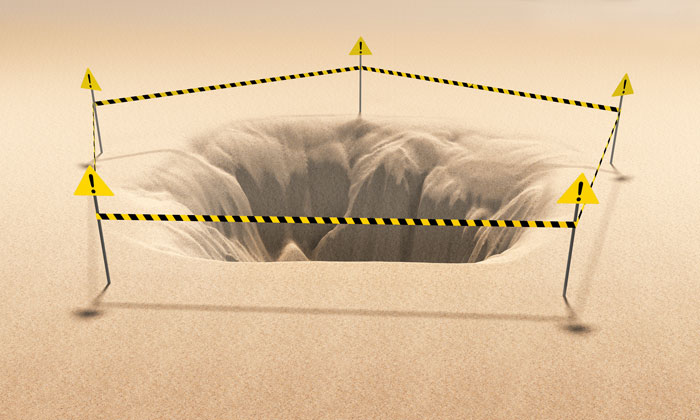The Art of Rationalization
Most of us are pretty good at rationalization.
If there is something that we want to do—even something that we suspect is a little (or a lot) sketchy—we find a way to justify doing it. The justification may be paper thin, but it still may be enough to convince us (if not others) that what we want to do is also what we should do.
There are plenty of examples of this phenomenon when considering the kinds of behaviors that lead to the development of a substance use disorder. For our purposes here, we are going to look at two types of people who may have mastered the art of rationalization when it comes to drugs or alcohol.
We’re going to consider high achievers looking for an edge and those who are convinced they don’t have a real problem until they hit rock bottom. In both cases, we will see that it is all too easy to justify drug or alcohol use to yourself when you don’t want to quit.
High Achievers Under the Influence
A lot of people feel a lot of pressure to succeed at a high level in life. Whether that pressure comes from parents or partners or from the person themselves, it can feel overwhelming to believe you always have to perform at the highest possible level.
Under that kind of pressure, a person might decide they need a little help staying on top of things. They might look for a way to concentrate better, stay alert longer, and work for extended periods of time. At first, that might mean more coffee or caffeinated sodas or energy drinks. But at some point, a person desperate to stay at the top of their game might turn to something like Adderall.
Adderall is prescribed to people struggling with attention deficit hyperactivity disorder (ADHD) and to those affected by certain sleep disorders (including narcolepsy). But some people—particularly those obsessed with high achievement—use it as a sort of performance-enhancing drug. Adderall enhances wakefulness and sharpens focus, so it is easy to see why it might appeal to someone who is burning the candle at both ends.
But Adderall, like many prescription drugs, can lead to the development of a substance use disorder when misused. A high achiever might rationalize the use of drugs in pursuit of success while ignoring the well-known risks.
The Shifting Sands of Rock Bottom
On the other end of the spectrum from the high achievers might be those who drink or use drugs regularly but are convinced they do not have a problem. Even as their life starts to fall apart around them as a result of substance abuse, they still maintain that all is well as long as they don’t hit “rock bottom.”
And what is “rock bottom”? Well, that’s the tricky bit—the part that can be rationalized. That’s because rock bottom can be redefined as things go from bad to worse. Maybe you promise yourself you’ll stop drinking if you get picked up for drunk driving. But then you do get picked up, and you decide it isn’t that big of a deal. You promise yourself you’ll stop drinking if you get in a car accident. But then you get in a car accident and everyone walks away unharmed, and so you decide it isn’t that big of a deal. You promise yourself that you’ll stop drinking if anyone gets hurt in an accident you have after drinking.
You can see where this is going. By redefining “rock bottom” over and over, you can give yourself permission to keep doing something harmful, because there is always something more harmful on the horizon. But the truth is a substance use disorder is significantly harmful right from the start, and waiting to get help is always a bad idea.
We Can See You Through the Highs & Lows on the Road to Recovery
At The Aviary Recovery Center, we know each individual has a unique story—and a unique set of needs. That is why we are committed to listening carefully and respectfully, creating personalized treatment plans, and providing evidence-based, compassionate care that will help you reclaim your sobriety and your life. Getting sober certainly qualifies as the kind of thing a high achiever would pursue—and there is no reason to wait for some mythical “rock bottom” to get started.










